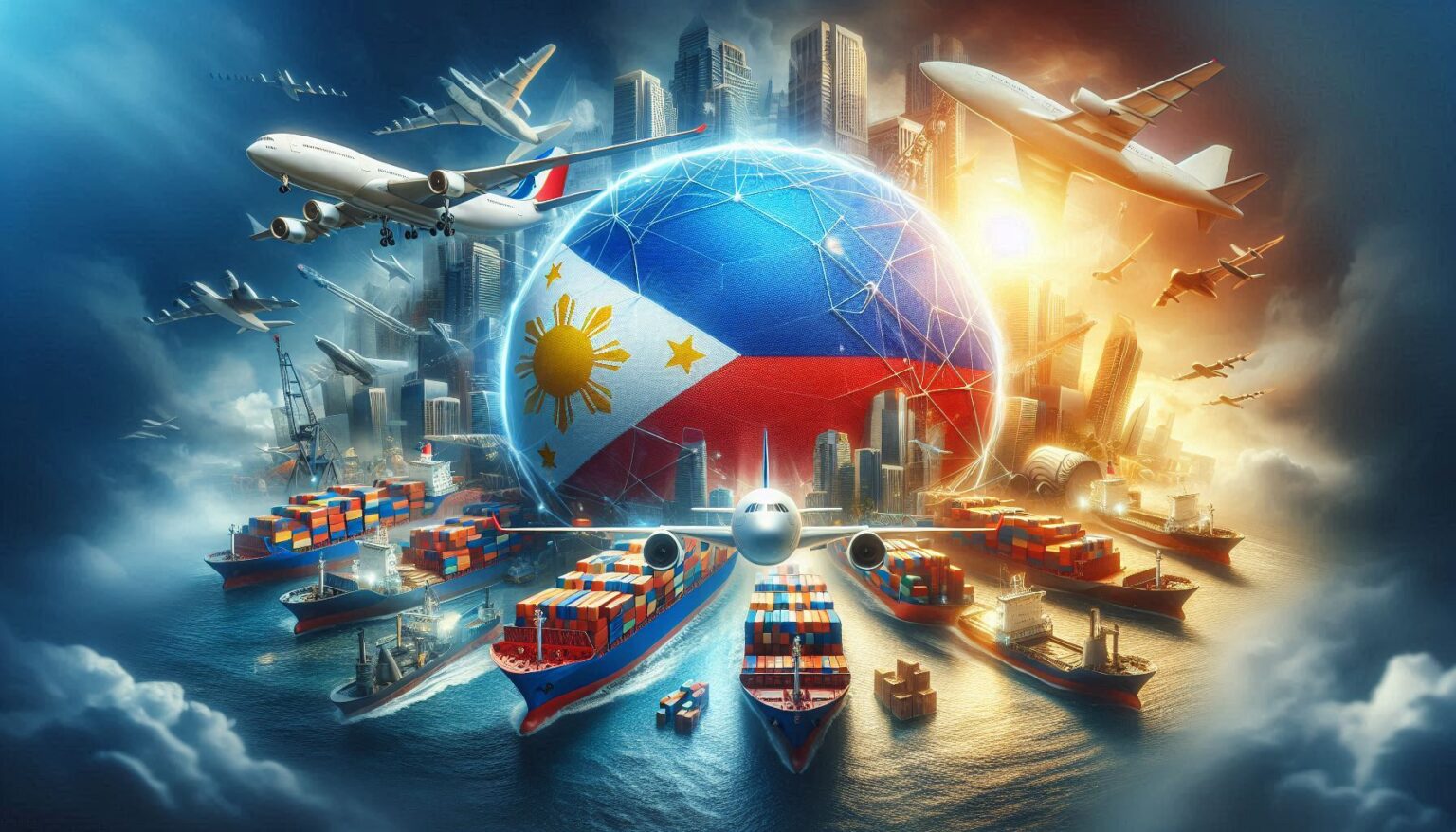In recent years, the logistics companies in Manila have undergone significant transformation, driven by technological advancements, increased global trade, and a surge in e-commerce. The heart of Manila has long been the economic and logistical epicenter of the country. As the capital city, it boasts a vibrant port system, bustling marketplaces, and an ever-expanding infrastructure network.
Logistics optimizes supply chains, ensuring that products move from suppliers to consumers in the most efficient manner. By streamlining transportation, warehousing, and inventory management, logistics reduces operational costs for businesses, which can translate into lower prices for consumers and improved profit margins for companies.
The Pulse of Logistics Company In Manila
1. A Thriving Hub
Manila’s strategic location makes it a crucial hub for logistics in Southeast Asia. The city is home to the Manila International Container Terminal (MICT), one of the largest and busiest ports in the region. This port serves as a gateway for goods moving to and from international markets, cementing Manila’s status as a vital trade and logistics center.
2. Rising Demand for E-Commerce Solutions
The surge in e-commerce has significantly impacted the logistics sector in Manila. With online shopping becoming increasingly popular, logistics companies are adapting to meet the demand for faster and more efficient delivery services. Companies are investing in advanced warehousing solutions, real-time tracking systems, and last-mile delivery innovations to enhance customer experience and operational efficiency.
Subscribe to the Ex-works24/7 newsletter
3. Embracing Technology
Modern logistics companies in Manila are harnessing the power of technology to streamline operations. From sophisticated warehouse management systems (WMS) to advanced transportation management systems (TMS), technology is at the forefront of enhancing efficiency and accuracy. Additionally, the integration of artificial intelligence (AI) and data analytics is enabling companies to optimize routes, predict demand, and reduce operational costs.
4. Sustainable Practices
As environmental concerns become more prominent, logistics companies in Manila are increasingly focusing on sustainability. Many companies are adopting green practices, such as using electric vehicles, optimizing fuel consumption, and implementing waste reduction programs. These initiatives not only contribute to environmental preservation but also align with global sustainability goals and customer expectations.
5. The Rise of Logistics Startups
Manila’s logistics landscape is also witnessing a wave of innovative startups. These emerging companies are bringing fresh perspectives and solutions to the industry, often leveraging technology and agile business models to disrupt traditional practices. Startups specializing in areas such as last-mile delivery, supply chain visibility, and logistics tech are playing a crucial role in shaping the future of logistics in Manila.
Challenges and Opportunities
1. Infrastructure Development
Despite the progress, infrastructure development remains a critical challenge. Traffic congestion and inadequate road networks can impact delivery times and operational efficiency. However, ongoing investments in infrastructure projects, such as new roads and expanded port facilities, are expected to alleviate these issues and support the continued growth of the logistics sector.
2. Regulatory Hurdles
Navigating regulatory requirements can be complex for logistics companies operating in Manila. Compliance with local and international regulations, such as customs procedures and import/export restrictions, requires careful attention. Companies that successfully manage these regulatory challenges can gain a competitive edge in the market.
3. Workforce Training
The logistics sector relies heavily on a skilled workforce. As technology continues to advance, there is a growing need for professionals with expertise in areas such as data analysis, automation, and supply chain management. Investing in workforce training and development is essential for companies to stay ahead in this rapidly evolving industry.
Looking Ahead
The future of logistics companies in Manila is bright and full of potential. With continued advancements in technology, a focus on sustainability, and a growing e-commerce sector, the industry is poised for significant growth. By addressing challenges and seizing opportunities, logistics companies in Manila are well-positioned to drive economic development and contribute to the city’s success on the global stage.
Conclusion: As Manila continues to evolve as a logistics powerhouse, it will be exciting to witness how the industry adapts and thrives in the coming years. Whether you’re a business owner, a logistics professional, or simply a curious observer, staying informed about the latest trends and developments in Manila’s logistics sector is key to understanding the future of trade and transportation in this dynamic city.
Frequently
Asked Questions
Logistics companies in Manila generally provide a range of services, including freight forwarding, warehousing, transportation, customs clearance, and supply chain management. Some may also offer specialized services like e-commerce fulfillment and last-mile delivery.
To choose the right logistics company, consider factors such as their experience in your industry, service offerings, reputation, pricing, and customer support. It's also beneficial to read reviews and ask for recommendations from other businesses.
Key challenges include traffic congestion, infrastructure issues, regulatory compliance, and unpredictable weather conditions. Additionally, managing costs while providing timely services can also be a significant challenge.
Logistics companies typically have in-house customs brokers or partnerships with customs clearing agents. They prepare and submit necessary documentation, pay duties and taxes, and ensure compliance with local regulations to facilitate smooth customs clearance.
Using a logistics company can save time and resources, improve supply chain efficiency, provide expertise in regulatory compliance, and offer access to advanced technology for tracking and managing shipments. This can ultimately lead to cost savings and improved service delivery.




